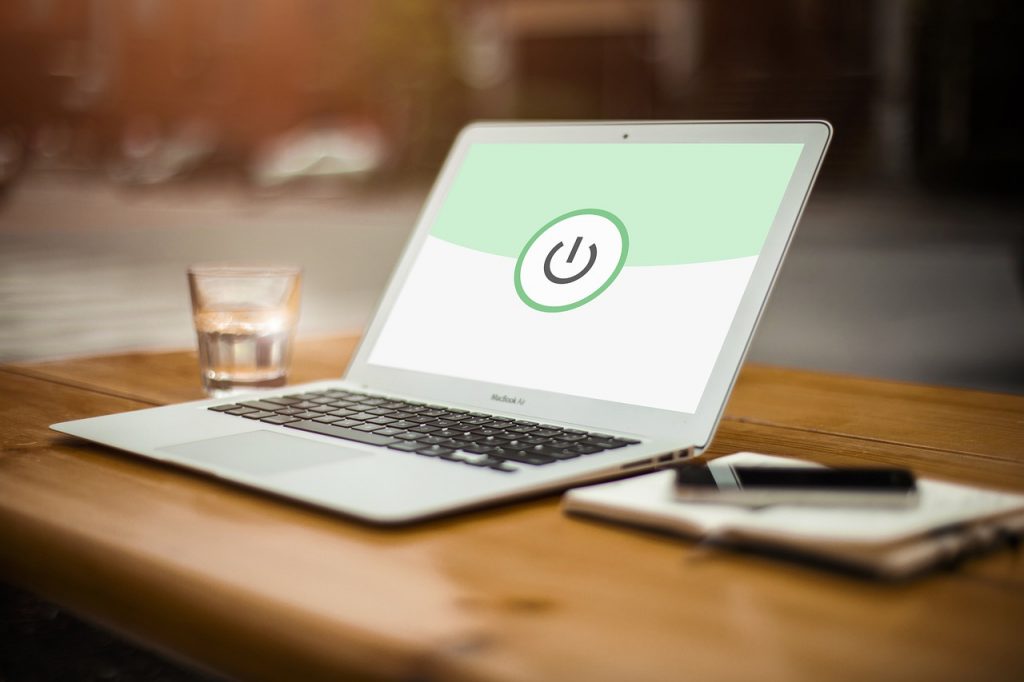What is the principle of operation of VPNs?
VPNs connect users to a private server instead of a public one. Private servers encrypt and alters the IP address. This reduces the chance that they’ll be targeted by hackers when connected to an open Wi Fi network. VPN firms typically have servers across the globe to allow users to connect to the internet locally. The closer to the server is to the user, the quicker the connection will be. Multi-hop encryption is a technique that VPNs can encrypt data multiple times by using multiple servers.
The most recent industry standards like AES256, the SSL (Secure Socket Layer), and SHA 2, Secure Hash Algorithm are used to secure web traffic. Once the VPN has established an encrypted tunnel the user’s data is transmitted to the server using VPN protocols like TCP, Transmission Control Protocol and L2TP Layer 2 Tunneling Protocol. The user doesn’t see the process taking place, they just click “connect”, and their internet data will be encrypted, and their IP address will be hidden.
What exactly is a VPN? And why should I use it?
A VPN is essential for everyone who uses the Internet.
- Hackers should not be taken seriously. Hacker attacks have been reported2Every 39 seconds, you’re another victim. VPNs block your internet traffic and alter your IP address which makes it harder for hackers to access your personal data.Identity.
- View content from around the world.You can stream Hulu when you are at home, in a country that has different programming, or even when traveling to a country with internet restrictions, such as China. Users are able to connect to the VPN server from any location they prefer, and then access content that isn’t accessible in other countries. This lets them increase their options for streaming and bypass restrictions by the government.
- Files from TorrentTorrenting is usually illegal, and we do not support the practice. However, a lot of torrent users utilize VPNs to watch films and TV that they wouldn’t otherwise be able to access.
- Access private networksSplit tunneling lets users connect to both public and private networks at the same time.
- Anonymity on the internet is crucial.Your personal information could be in danger from cookies and pop-up ads to mention some. Although anonymity online is not possible VPNs can be used to conceal the user’s internet activities as well as their IP address.
What are the reasons you should have a VPN?
A VPN is essential for all users of public Wi-Fi networks to connect to the Internet. A VPN can also be useful for travelers from abroad who require access to a secure network in a different country, or bypass restrictions set by the government,, or other organizations that restrict Internet use. Whistleblowers, journalists, whistleblowers and other people who wish to keep their identities private on the internet are all excellent potential users of VPNs.
Are You Using a VPN Service Trustworthy?
VPNs are created to hide the web activity of users. What happens if the VPN isn’t reliable enough? However, there are a few VPN providers are reliable. This is the way to find out if the VPN service is reliable.
- Corporate headquarters We look for businesses that aren’t members of Five Eyes or Nine Eyes. The government requires companies to disclose details about their customers in countries such as the United States (a Five Eyes member) like IPVanish. We would prefer that a business not located in a Five Eyes member’s country has a track record of not providing customer information to the government. The VPN must also be situated in an area that does not have laws regarding data retention.



